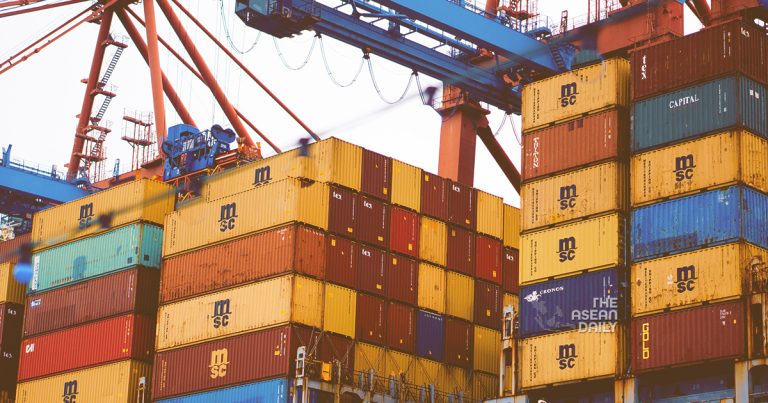5-4-2024 (JAKARTA) Indonesia is currently reassessing regulations aimed at curbing imports of more than 3,000 products, revealed a senior official from the country’s trade ministry on Friday. This move follows industry concerns that the stringent rules could disrupt the domestic supply chain and hinder exports.
The largest economy in Southeast Asia implemented regulations late last year to intensify monitoring of imported goods, ranging from food ingredients to hand tools to chemicals. Authorities cited feedback from business associations regarding the adverse effects of an influx of imported goods on local markets as the impetus behind these measures.
However, since the regulations came into effect on March 10, business groups have raised alarms about restricted access to essential raw materials.
“Everything is still under evaluation; we are continuing to coordinate with relevant ministries and institutions,” stated Budi Santoso, an official from the Trade Ministry, in remarks to Reuters.
In response to grievances and warnings of potential shortages, the trade ministry recently relaxed restrictions for aircraft spare parts and raw materials for the plastic industry. Nevertheless, business entities advocate for further relaxation of the rules.
Although the regulations do not outright ban imports, they mandate varying treatments for different categories of goods. Importers are typically required to obtain permits, with goods subject to inspection at customs checkpoints.
The Indonesian Association of Food and Beverage Entrepreneurs (GAPMMI) highlighted concerns over restrictions on imports of food ingredients, such as fortification mix, which are crucial for nutritional enrichment in processed foods like flour and cooking oil. GAPMMI Chairman Adhi S. Lukman stressed the importance of exempting raw materials from restrictive measures, asserting that while restrictions on finished products might be acceptable, complications for raw materials should be avoided.
Similarly, the Indonesian Chamber of Commerce and Industry warned that misdirected restrictions could disrupt operations in export-oriented sectors such as automotive, mineral smelting, electronic manufacturing, as well as the food and beverage industry.




